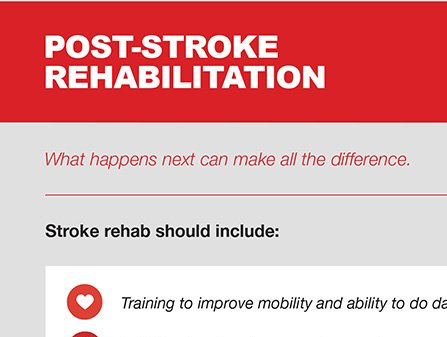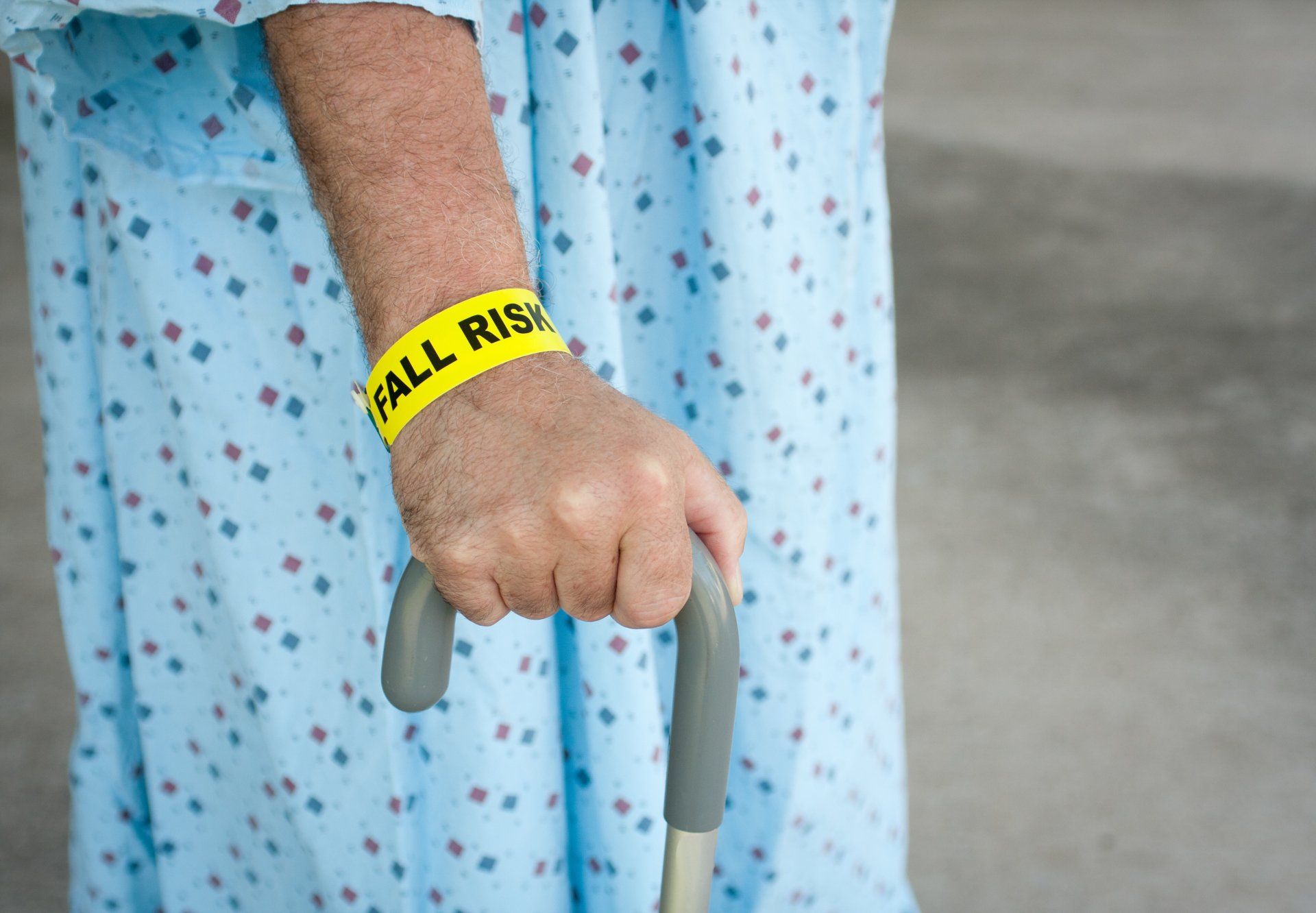Is it normal aging or something more serious like Alzheimer’s?
Lisa Ney • February 24, 2020
Signs and symptoms of age-related memory loss, dementia, and Alzheimer’s disease

With Alzheimer’s disease and dementia seemingly more widespread, do you ever worry that your loved one’s memory challenges and slower thought processes may be more than just ordinary aging? This list, created with help from the Alzheimer’s Association and the Centers for Disease Control and Prevention, can help you decide if you or your loved ones may be experiencing serious symptoms.
1.
Normal age-related brain changes:
Forgetting details but recalling them later
Forgetting, or taking extra time to recall, names, dates, appointments etc. is fairly common as we age. If we can eventually recall these details, it might just be normal aging.
Possibly Serious:
Memory loss that affects day-to-day functions
One of the most common early signs of Alzheimer’s disease is forgetting recently learned information. Others include forgetting important dates or events, asking the same questions multiple times, and increasingly needing to rely on memory aids, such as reminder notes or electronic devices.
2.
Normal age-related brain changes:
Sometimes having to think about how to do familiar tasks
It’s not unusual to have to take a moment or two to think about how to operate an appliance or to remember how your spouse likes his or her coffee, so long as these lapses are infrequent and temporary.
Possibly Serious:
Struggling to complete everyday tasks
If you notice your loved one being confused about or struggling to recall how to do familiar tasks, such as getting to a frequently visited destination or making a favorite meal, it may be cause for concern.
3.
Normal age-related brain changes:
Occasional word struggles
Fumbling for the right word or having to re-word a sentence when the right word isn’t on the tip of your tongue is not a cause for alarm, especially if the missing word does eventually come to you.
Possibly Serious:
New problems with words
Carrying on a conversation often becomes difficult for people with Alzheimer’s. Common warning signs include struggling to follow the conversation, repeating themselves often, and incorrectly naming everyday objects.
4.
Normal age-related brain changes:
Occasional bad decisions or mistakes
Everyone makes mistakes and bad choices once in a while, like failing to notice that the gas gauge is on empty or failing to refuel before the vehicle runs out on the side of the road. This is only worrisome if it becomes a pattern.
Possibly Serious:
Poor judgment or changes in decision-making abilities
Simple, everyday choices, such as what to eat, what to wear, and what to do, become challenging, and you may notice changes in the types of choices your loved ones make. Changes in personal care habits and spending choices are examples.
5.
Normal age-related brain changes:
Occasional annoyances
Mild slips in memory can be frustrating, so it’s not unusual for older adults to become irritable from time to time. Perhaps as a way to compensate for the slips, older adults may develop routines, and disruption in those routines can be annoying.
Possibly Serious:
Attitude adjustments
Significant changes in mood and personality, such as paranoia, anxiety or aggression, may occur.
If you are worried that your loved ones could be showing signs of dementia or Alzheimer’s disease, then it might be time to see a doctor – before the symptoms worsen or become dangerous. Depending on the diagnosis, your loved ones may need specialized care with cognitive enrichment programming in a secure environment.
At Aldersgate Village, our memory care services are:
Secure, so you can have peace of mind that your loved one will be safe
Professionally staffed
24/7 with licensed caregivers who will treat your loved ones with compassion and respect
Specially designed
with:
- Programs proven to help slow disease progression
- Nutritious chef-prepared cuisine served to stimulate appetite and maintain healthy eating habits
We also provide:
- Emergency nurse call systems and 24-hour on-site security
- On-site clinics for doctor’s visits, laboratory services, dental care and podiatry and audiology services
- Inpatient and outpatient physical, occupational, and speech therapy
- Home health care, including medication management, diabetes and cataract care, and more
To learn more about our memory care services, please visit
aldersgatevillage.org/memorycare, complete the form at
aldersgatevillage.org/contact-us, or give us a call at 785-478-9440.













